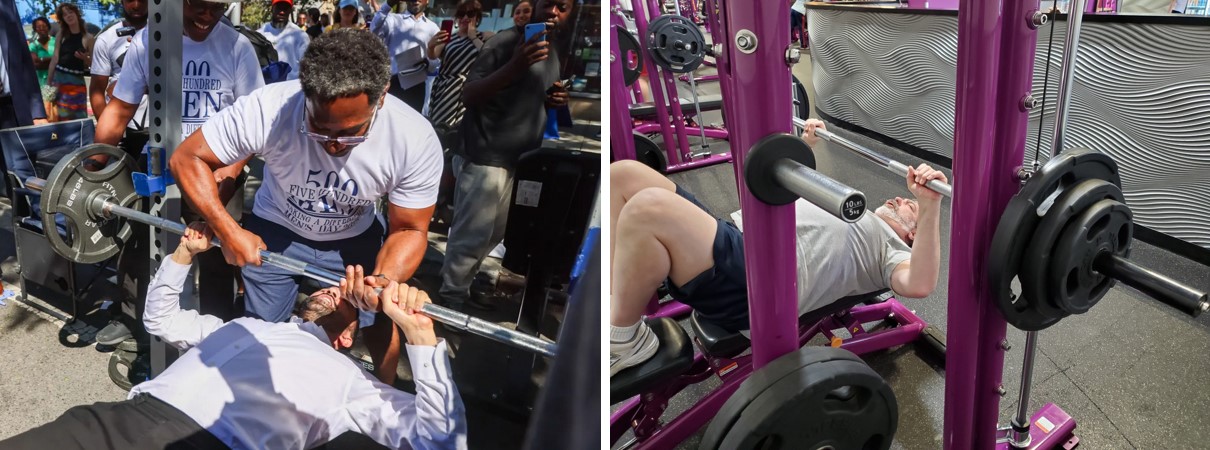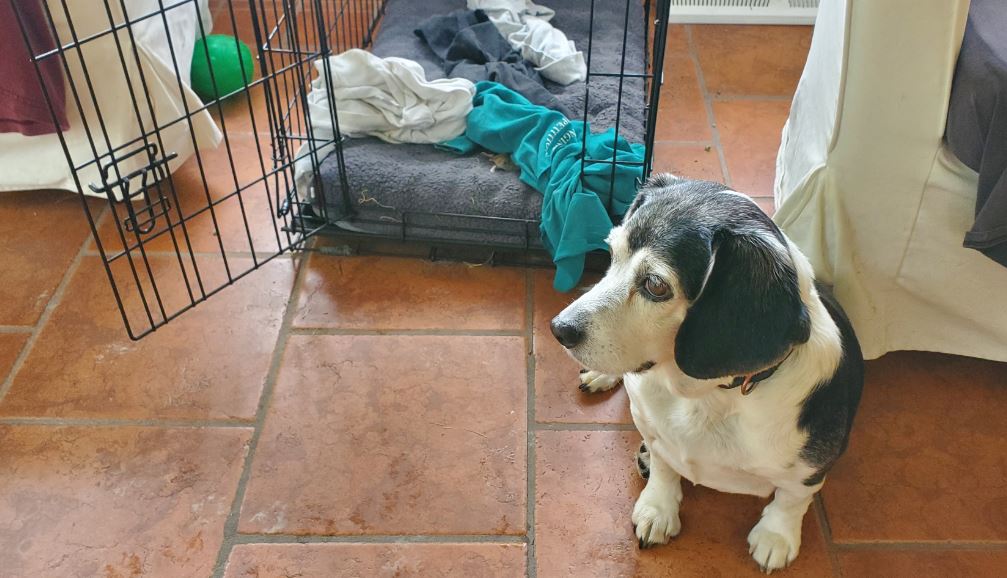
Effect of cocoa flavanol supplementation for the prevention of cardiovascular disease events,
I’ve been buying this nutritional supplement from Aldi for years.
Cocoa extract supplementation did not significantly reduce total cardiovascular events among older adults but reduced CVD death by 27%.
Finally, nutritional science has some good news. The study looks legit.
The study was conducted by Brigham and Women’s Hospital. There were 12,666 women over 65 years old, and 8776 men over 60 years old in a double-blind, placebo controlled study. A 27% reduction in death by cardiovascular disease is substantial.







